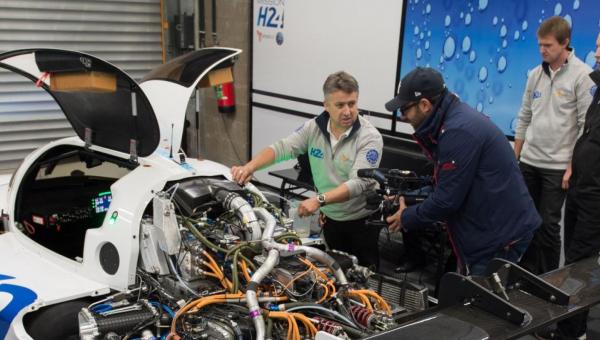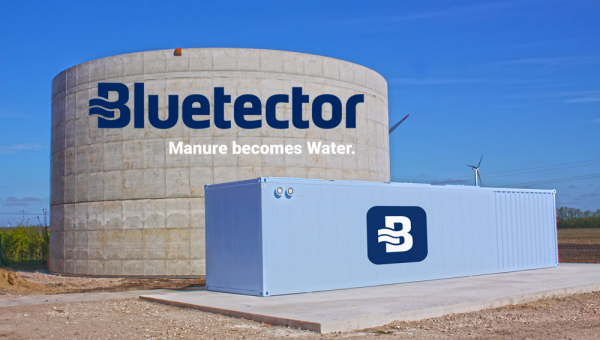DePoly rethinks recycling

EPFL spin-off DePoly has invented a new chemical-based method for recycling post-consumer PET containers. For the first time, recycled material can be used directly to make new PET plastic.
PET waste remains a global problem. According to data from the OECD, only 18% of all PET bottles find their way to waste recycling. This is, among other things, because current recycling systems can't deal with PET that is dirty, of more than one colour or mixed with other plastic materials.
With more and more companies striving to shift to a more sustainable economy, innovative technology that can create a truly circular economy is much sought-after. DePoly, a spin-off from the Valais campus of the École polytechnique fédérale de Lausanne (EPFL), is closing the loop on PET production by recycling post-consumer PET plastic waste, using it to make new PET plastic – in a 100% circular way.
Ground-breaking recycling technology from Valais
The EPFL-spin off has developed an innovative method in its lab in Sion, in the canton of Valais, that can recycle just about any PET container using a chemical process that breaks down the plastic into its base compounds. With the new method, PET material doesn’t have to be sorted by colour or material, meaning it can all be processed in one batch. The chemical process involves depolymerising the PET at room temperature without any additional heat or pressure – hence the name DePoly. This low-energy process consumes considerably less energy than regular recycling methods. The raw materials are then sold back to the industry, making it redundant to source additional oil to create plastic products.

DePoly founder Dr Samantha Anderson working on the new technology
L’Oréal and other supporters
The start-up was officially established in 2020 and obtained fresh capital of CHF 1.3 million in pre-seed funding in December 2020. DePoly already made quite a splash by winning the international sustainability challenge Beauty Tech for Good Challenge by L’Oreal and becoming the youngest start-up to feature in the TOP 100 Swiss Startup Ranking. The funds and the positive coverage are used to accelerate business development and research, and will also enable the company to optimise its demo plant and validate product quality on a larger scale.
So far the technology has been validated at a 1 kg batch scale in the lab. Following the construction and commissioning of the demo plant at an incineration plant in Sion, a commercial plant will be built and commissioned by 2023 before expansion into new markets. This plant in the canton of Valais should be able to process around 10,000 tonnes of PET per year.
We will start in Switzerland, certainly in Valais, and then we want to establish ourselves in the European Union and on other continents. We want to become a global company.




